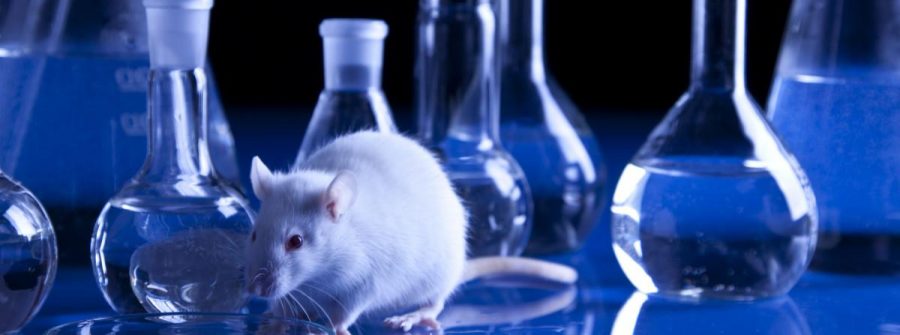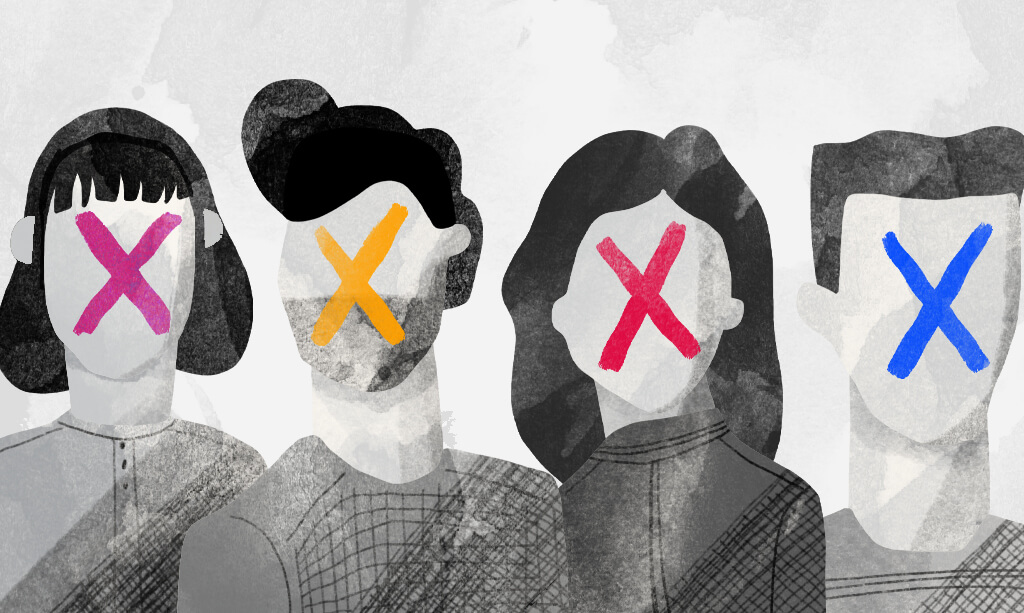Imagine a scenario where society chooses an outdated, harsh practice over a more modern, irreproachable one. This situation is unlikely; however, in the case of animal testing, we support these practices over other functioning ones that do not pose harm to other beings.
There are minimal signs of progress to permanently move away from this practice in the United States. However, the European Union (EU), Israel, India and Norway have banned testing on animals, along with making it illegal to sell any cosmetics that used animal testing elsewhere. Unfortunately, there exists no such ban in the United States. The removal of animal testing requires companies to prohibit the use of this practice for their products to sell in these markets, so by allowing animal testing, we are losing profit in these foreign markets.
Animal testing is, without a doubt, unethical. It is cruel, and it does not even practice modern science. Humans must minimize animal testing as much as possible before we become responsible for being a leading cause in the destruction of certain species.
Humans are relying on animals that are vastly different than us to determine whether or not products are safe to use. Despite the new technologies that allow companies to more effectively test the safety and value of a product, companies continue to practice testing their new products on animals in areas such as cosmetics and household products.
Additionally, humans have attempted to use animals, such as mice, to cure major diseases among the human race. Scientists have cured diseases in these animals by injecting symptoms relating to these diseases into animals that do not suffer from these diseases to begin with. This process does not effectively simulate the conditions in humans, which is why major diseases, such as cancer, have not been cured by using mice alone. Curing such diseases with animals is seemingly futile.
“The history of cancer research has been the history of curing cancer in the mouse. We have cured mice of cancer for decades and it simply didn’t work in human beings,” said Dr. Richard Klausner, former director of the US National Cancer Institute.
In addition, non-animal tests are cheaper and more informative, according to a scientist from the Natural Resources Defense Council. It is extremely costly to feed and care for the animals, along with providing adequate shelter.
In many cases, simply using the animals for an experiment and then allowing them to return to their normal lives is unlikely. Instead, animals often suffer the repercussions from the experiment, including permanent damages due to the harmful use of poisonous chemicals. In the worst case possible, animals are killed directly following the experiment.
Because of these risks, it is important for us to be aware of the alternatives. According to PETA, an organization that fights for ethical treatment of animals, many alternatives exist to the current practice. These include using computer modeling, working with human volunteers, and In Vitro testing, all of which should be considered as much better alternatives. We must focus our energy on testing products and curing diseases that utilize techniques that encourage eliminating this harsh practice before it is too late.
















